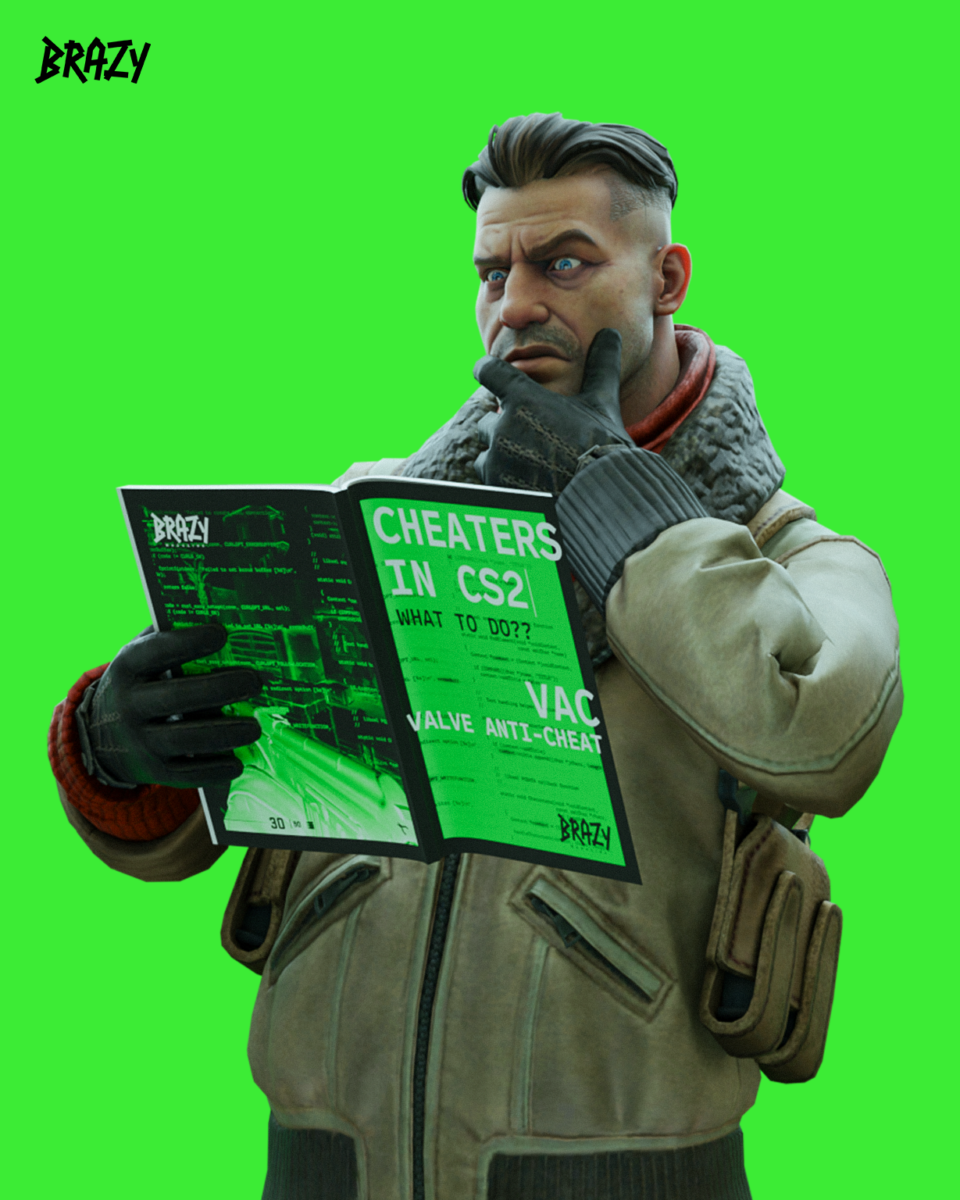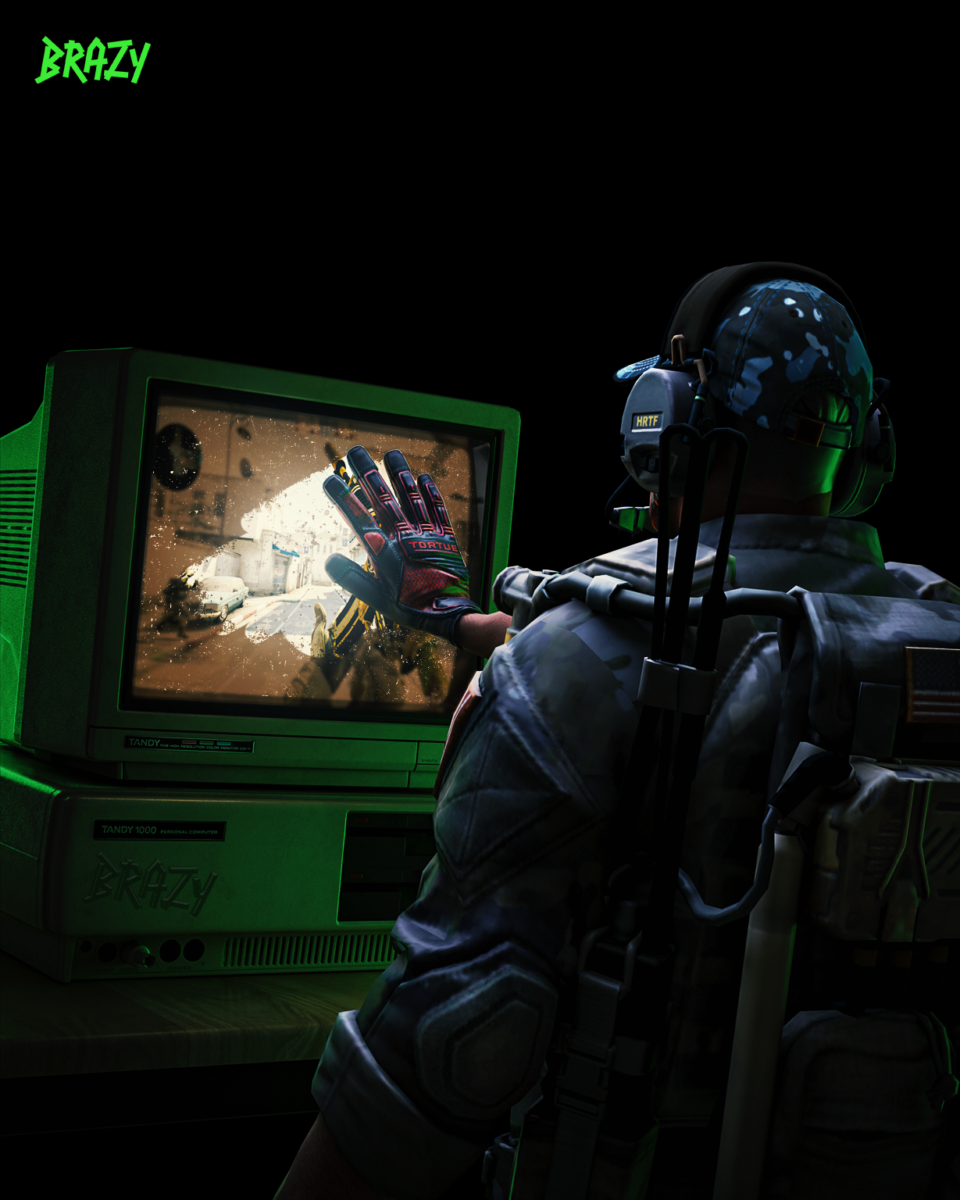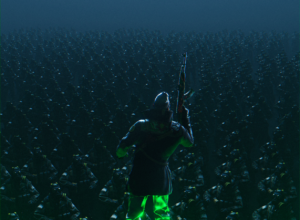You’ve just topped the scoreboard in a CS2 match, feeling like a total pro… only to realize that the rampant cheating problem has once again marred the experience. Wait a second, did your epic Counter-Strike skills suddenly set off some kind of anti-cheat alarm? No, you’re probably just caught in the crossfire of the CS2 cheating problem.
Wallhackers that can see through walls, aimbots that turn everyone into human pin cushions… it’s enough to make you want to uninstall and go knitting. But there may be ways to fight these cheaters and keep the game fair (and your epic skills appreciated).
VAC – Valve Anti-Cheat
Think of VAC as CS2’s quiet guardian angel. This system works behind the scenes, tirelessly analyzing gameplay for signs of cheating.
If it catches someone using hacks such as aimbots or wallhacks, the hammer comes down. The VAC ban is not a joke:
• Banned from Steam: kiss VAC-protected servers goodbye in ALL your Steam games (including those fancy Source 2-powered ones).
• Marked for life: your Steam profile is banned by VAC, the red letter of the online gaming world.
• No appeals (usually): Unlike a trade hold, a VAC ban is a one-way street. The valve rarely budges.
A VAC ban is a serious consequence. Not only does it restrict access to games, but it also leaves a permanent mark on a player’s Steam profile, damaging their online reputation.
CS2 Overwatch
But VAC is not the only one. Valve is also developing CS2 Overwatch, a system inspired by CSI: CS2. Here, trusted players like you become detectives by watching replays of suspicious matches.
Imagine Netflix, but instead of watching shows, you watch suspicious CS2 demos looking for suspicious behavior.
Tools of the trade:
• Slow motion: Analyze every twitch and take a frame-by-frame look.
• Free moveable camera: watch the event from any angle like a director.
• X-ray vision: see through walls… ethically, of course, to spot those pesky hackers.
After examining the evidence, you will reach a verdict: convict, dismiss, or, if something is unclear, possibly dismiss the claim
This helps Valve identify and ban cheaters while keeping the game fair for everyone.
Are Valve’s cheat protection methods enough?
While Valve’s anti-cheat efforts with VAC and the upcoming CS2 Overwatch are a definite step in the right direction, they may not be the silver bullet to completely eradicate cheating. Here’s why:
• Cheat development: Fraudsters are constantly developing new methods to bypass detection, making the fraud problem worse. Hardware hacks, such as modified mice and scripts, can be challenging for VACs.
• Enhancement services: these services use a rating system to attract experienced players to play on someone else’s account, unfairly inflating their rating.
• Exploit abuse: game bugs and crashes can be used to gain an unfair advantage. Although Valve tries to fix them quickly, some exploits may linger for a while.
Limitations of VAC and CS2 Overwatch
• VAC focus: VAC primarily detects program codes. Hardware hacks and other tricky workarounds can slip through the cracks.
• The human element: CS2 Overwatch relies on trusted players to check for suspicious activity. This can be time-consuming, and there is always the possibility of human error. Cheats can demoralize the entire team by undermining the competitive spirit of the game, providing unfair advantages, or allowing one player to destroy opposing teams.
• Keeping up with cheaters: The fight against cheaters is an ongoing arms race. As Valve introduces new measures, cheaters invent new methods. It is a constant process of adaptation.
Despite these limitations, Valve’s efforts are crucial. VAC scares away many casual cheaters, and CS2 Overwatch can help identify repeat offenders and those who use more sophisticated hacks. In addition, Valve is actively patching exploits and working to stay ahead of the curve.










